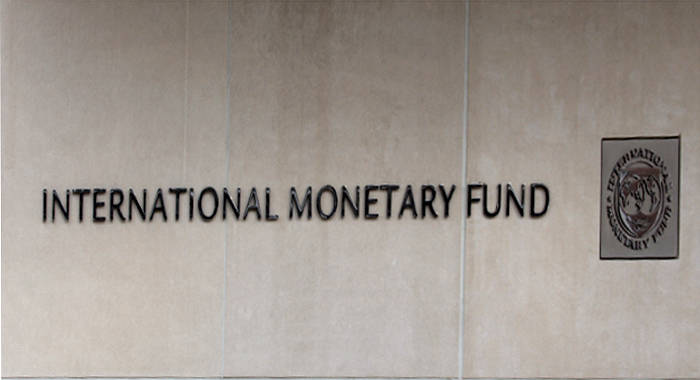The International Monetary Fund (IMF) will discuss in August an application by the government of St. Vincent and the Grenadines for US$6.4 million in emergency financing, Prime Minister Ralph Gonsalves has said.
The government applied in May and the IMF was initially scheduled to discuss the application last month.
“I was advised by the Director General of Finance and Planning that the meeting didn’t take place in June as it should have taken place; it will take place in August,” Gonsalves said.
“I fully expect that the money will be approved, but I just want to indicate that. So if anybody following says ‘What happened to that money?’ that is the answer,” Gonsalves further said.
He noted that the monies are “not part of ay fund programme but to get resources in relation to our quota or what we can draw down from our special drawing rights in relation to, for instance, natural disasters”.
Gonsalves, who is also Minister of Finance, said in May that he was requesting emergency financing from the IMF amounting to US$6.4 million.
He is asking for 25 per cent of the nation’s quota under the Rapid Credit Facility, which has a five-year repayment period with three and a quarter years grace period at 1.13 per cent interest.
“The IMF assistance will meet the urgent foreign exchange needs stemming from the disaster and ease the pressure on our balance of payments,” he said in May, referring to the trough system last December, which left EC$330 million (17 per cent of GDP) in loss and damage.







There isn’t a hope in hell that any of this money, nor any of the other borrowed monies, will ever be repaid. What this means is that at some point, SVG will default on all its loans and placed on heavy manners Greek-style. Debt restructuring will necessarily result in massive layoffs in the public service (along with huge pension-payment reductions for retired civil servants), spill-over unemployment and concomitant misery in the private sector, declining service in what little health care we already have, and so forth. If you doubt me, just look Portugal, Italy, Greece, and Spain.
None of this matters to the present government since its members will be long out of office (though the pensions of former parliamentarians will also be adversely affected).
All this is bound to happen because the sole aims of electoral politics in SVG are (1) to get elected and (2) to stay elected. Good governance, sound fiscal management, and effective planning are never allowed to interfere with these two goals.
Someone needs to ask them about the work of Maurice Bishop.
PETER BIGNOSE…..you again !!!
Go in the corner and shut your trap !!!